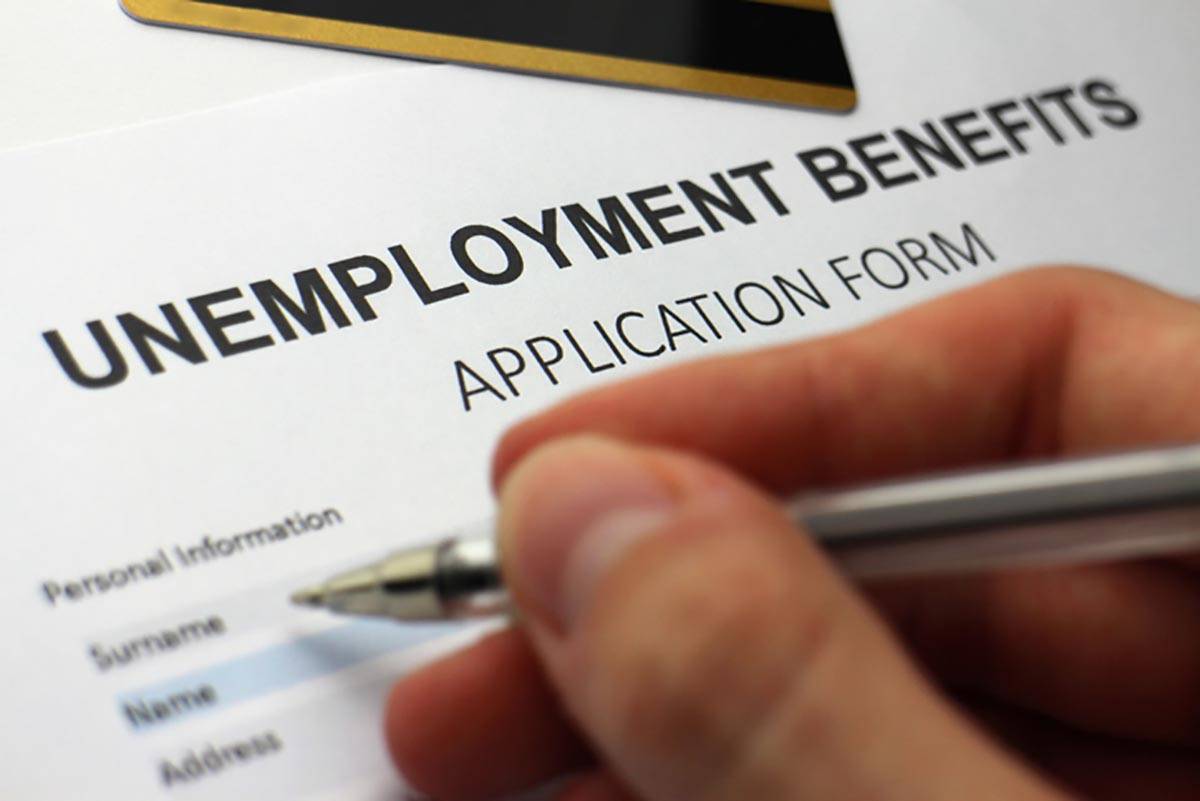How to get 13 more weeks of unemployment benefits
If you’re about to run out of state uninsurance benefits don’t panic just yet.
There are two things you need to know: Extensions are available. But, they’re not automatic.
In March, the $2 trillion federal Coronavirus Aid, Relief and Economic Security Act authorized an additional 13 weeks of federal benefits to supplement all state unemployment programs, a provision dubbed Pandemic Emergency Unemployment Compensation or PEUC.
Michele Evermore, senior researcher and policy analyst at the National Employment Law Project, says the 13-week extension will become “incredibly crucial” as state benefits start to expire.
The majority of states offer unemployment programs for 26 weeks. A few states offer more, but Alabama, Arkansas, Florida, Missouri, North Carolina and South Carolina offer much less: between 12 and 20 weeks.
In Florida and North Carolina, which offer only 12 weeks of UI, state-level benefits are slated to expire in July for those among the first wave of applicants in mid-March.
Here’s what you need to know about extending your unemployment benefits.
How unemployment extensions work
As an recipient of unemployment insurance, you are likely eligible for PEUC, the 13-week extension from the federal government.
The catch: You can only apply for this extension once you have run out of your state benefits. You can’t pre-register. The Department of Labor directed states to alert you by email or letter if you are potentially eligible for the extension, but it made it clear to states to not automatically enroll people.
The PEUC extension is technically a federal benefit, but it’s based on your state-level unemployment application. While you must opt in to receive the additional 13 weeks, you won’t have to completely reapply for your state’s unemployment program.
Your weekly benefits will be the same as your state benefits, the check will just be coming from the federal government.
One thing to note, however, is that as unemployment extensions kick in, the $600 weekly boost to unemployment benefits is set to expire July 31. It’s possible Congress will extend that bonus: The House has voted to keep the $600 boost already, but the Senate, which is on hiatus until July 20, has not acted. Senate leaders and the White House previously vowed not to renew the additional unemployment benefits and stimulus payments, but in recent weeks have warmed up to the idea as the pandemic drags into the summer.
Pro tip: Even though it is set to expire July 31, you may be able to collect the $600 weekly boost retroactively — even after the deadline.
But wait. There’s more.
If you are unable to find work after exhausting your state’s UI program and the 13-week federal extension, you may be eligible for additional benefits.
In times of high unemployment rates, 49 states (all except South Dakota) have an Extended Benefits or EB system that adds up to 20 weeks of UI benefits, according to data compiled by the Center on Budget and Policy Priorities. Provided that unemployment rates are still high when you exhaust your state benefits plus PEUC, you may be eligible for EB.
“There’s an order of operations here,” Evermore says.
Based on guidance from the Labor department, the order of unemployment programs for typical jobless workers goes like this:
— State UI programs (which vary from 12 to 30 weeks)
— Federal Emergency Unemployment Compensation (13 weeks)
— State Extended Benefits or EB (six to 20 weeks)
The final failsafe if all other programs are exhausted: the federal Pandemic Unemployment Assistance program.
Pandemic Unemployment Assistance is available for a maximum of 39 weeks, including the weeks of all previous programs you may have been on.
To pick on Florida again: It has the shortest duration of unemployment benefits, at 12 weeks. The state’s Extended Benefits program is also one of the shortest, at six weeks. The order of operations for all possible extensions in Florida would look like this: 12 weeks of UI, 13 weeks of PEUC, six weeks of EB. The total so far is 31 weeks, meaning Florida residents could potentially use Pandemic Unemployment Assistance for 8 weeks to reach the maximum of 39 weeks of aid.
New York residents who exhaust their state benefits, in contrast, would not be eligible for PUA because the total of their state’s UI program plus all available extensions exceed 39 weeks. By quite a bit, too. Including all sources of assistance, New Yorkers are eligible for 59 weeks of unemployment benefits total.
“Taken together, the expanded benefits have had a massive effect on the economy,” Evermore says. “Our unemployment rate is still higher than it was during the Great Recession, which is very concerning, and initial unemployment claims are still coming in at unprecedented levels — but this could have been a lot worse without all these federal benefits.”
For the jobless applicants, though, taking all this in can be overwhelming. But benefits are there if you can trudge through all the paperwork and arcane websites.
“Understanding the difference with all these programs and acronyms is going to be confusing,” Evermore says. “Just follow the instructions from your state agency. The agency is required to give you information on how to apply [for extensions].”
Whatever you do, don’t lose your password to your online unemployment profile.
“The password reset process, in many states, is really difficult,” Evermore says. “You have to call and talk to a password reset person, and then that person will mail you — in the mail — a new password.”
Adam Hardy is a staff writer at The Penny Hoarder. He covers the gig economy, entrepreneurship and unique ways to make money. Follow him on Twitter @hardyjournalism.
This was originally published on The Penny Hoarder, a personal finance website that empowers millions of readers nationwide to make smart decisions with their money through actionable and inspirational advice, and resources about how to make, save and manage money.






















